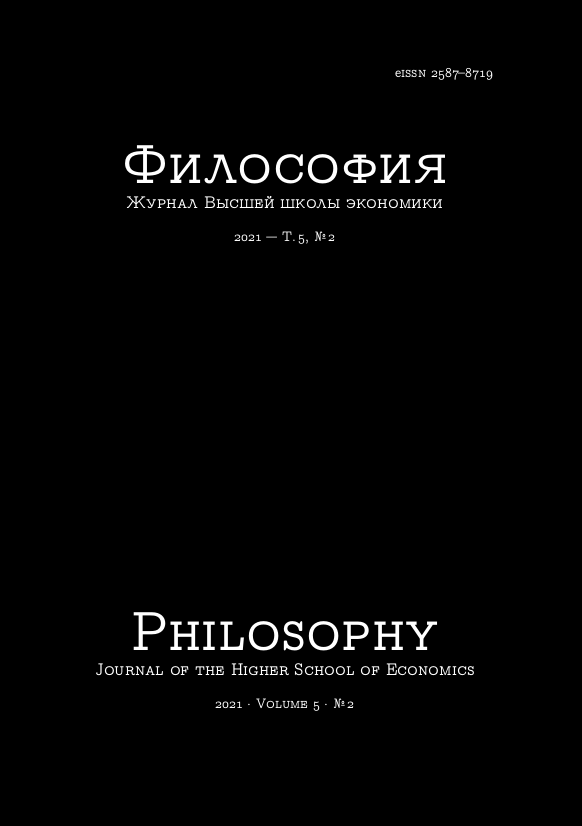Biopolitical Foundation of The Theory of M.M. Bakhtin's Carnival
Abstract
Bakhtin is an ambiguous thinker, who manifests himself as well in the political interpretation of his ideas. The political context of Bakhtin's thought is mostly considered based on the work “Rabelais and His World”. The article aims to identify the meaning structures of Bakhtin's work on Rabelais, which determine the political interpretation of his concept. The highlighted meaning structures are interconnected. They represent a series of Bakhtin's theses on the classificatory character of the division of cultural consciousness, on the decline of the laughter principle, etc. These theses form a coherent narrative that can be interpreted in completely different ways. Bakhtin's concept may be presented by interpreters in liberal or leftist way, as well as deeply conservative. These interpretations are based on different understandings of the status of carnivalization, which is essentially identical to the phenomenon of transgression. Accordingly, the second aim of the article is to show how Bakhtin understood transgression. To contextualize Bakhtin's concept of carnivalization, some of his points, which are similar to the ones made by the theorists of the ambivalent sacred (J. Bataille and R. Caillois) are considered. But a fact remains that requires explanation: Bakhtin's thought does not fit well into the framework of one or another political interpretation. As an explanation, a hypothesis of the biopolitical basis of Bakhtin's concept is put forward. The Agamben's figure of naked life constituted by sovereign power is contrasted with the Bakhtin's figure of material-bodily bottom, as the idea of the collective immortality of the people.
Downloads
Copyright (c) 2021 Philosophy. Journal of the Higher School of Economics

This work is licensed under a Creative Commons Attribution-NonCommercial 4.0 International License.






